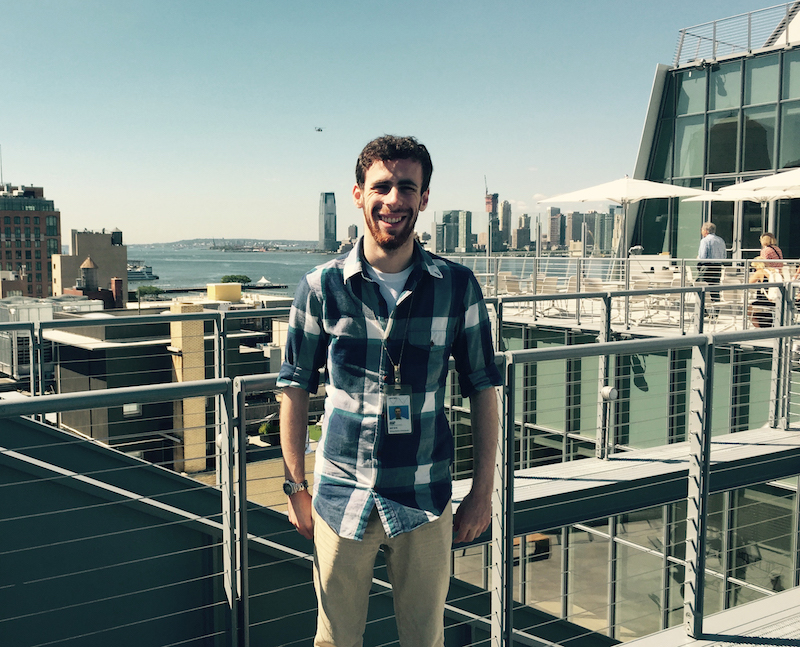Comparative Literature, Greek

What is your current job?
Editorial Assistant, Whitney Museum of American Art
Why did you choose this profession?
I've always loved looking at art and going to museums (the galleries of the National Mall are present in many of my earliest memories), and I'm very enthusiastic about the role that they play in making culture and history accessible to a broad public. Meanwhile, editorial work has always appealed to me as someone who enjoys writing and language. This is particularly interesting work to do in a museum, where we grapple with the challenge of addressing multiple, and very different, audiences at once: we want to speak simultaneously to a scholarly audience as well as to casual visitors. More selfishly, working on a book project or an exhibition is a really wonderful learning opportunity - you emerge from each one as if you've just finished a semester-long course on the topic.
What more do you wish to accomplish in your professional career?
I'm early enough in my career that I'm still discovering what exactly this is. Working with language is applicable to so many areas, and many of these areas are also being completely transformed by new technologies and tools for communication. I'm eager to help discover what writing and publishing in the digital era can and should be, in museums as well as elsewhere. But while the ways we access and encounter content may change, there are more timeless elements to the way that content is composed. To that end, I want to use my job as an opportunity to continue developing as a clear writer and a sensitive editor.
Tell us about a decision or change you made that turned out to be a positive career move.
I stumbled into the museum field on something of a whim. During winter break of my sophomore year, I got an email about the Hurford Center for the Arts and Humanities's funded summer internships at the Philadelphia Museum of Art. Mildly intrigued, I clicked through for more info. Skimming, and then reading and re-reading, the program description, I realized that the collaborative approach to creating exhibitions and catalogues inherent in museum work held a strong appeal to me, and I quickly went to work on an application. That led to a wonderful summer at the PMA in the Department of Prints, Drawings, and Photographs, where I continued volunteering over the next two school years. I ended up at the Whitney's Publications department the following summer, and started full-time a year later. If you leave yourself open to possibilities that you might not have considered, you never know when something will really take root.
How has Haverford influenced your professional career?
My academic studies at Haverford solidified a deep appreciation of language, on both technical and literary fronts. From freshman writing seminar to senior thesis seminar, writing was heavily emphasized and I was constantly receiving feedback on how to more effectively make and evaluate arguments. Writing is hard, and it's only in retrospect that I've truly appreciated how valuable it is to have so many people invest time and energy into making you better at it. I was also inspired by how my professors and classes at Haverford embraced cross-disciplinary approaches to material, an attitude that's influenced me as a literature major who focused primarily on ancient texts now working at an institution devoted to modern and contemporary art.
On the more tangible side, as I mentioned above, it was because of an email from the Hurford Center that I first started thinking about working in the museum field at all. The HCAH was also tremendously generous in providing a stipend for my two summer internships and a travel stipend for commuting into the PMA for my volunteer position during the academic years. I'm extremely grateful for all of their support and advice.